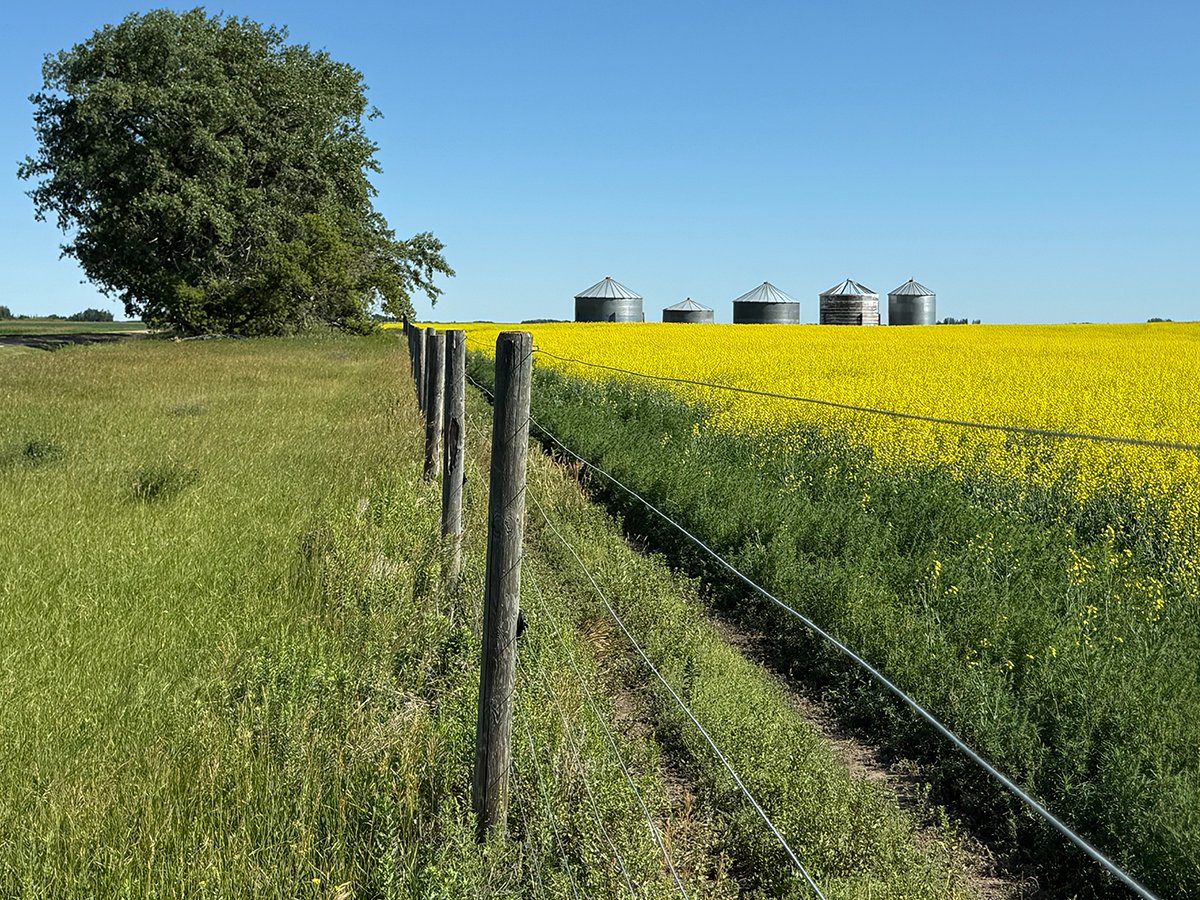DRESDEN, Ont. — Michael Schmidt and members of his farm-share arrangement remain defiant after a raid at their Ontario raw milk operation near Durham on Oct. 2.
While both the federal and Ontario governments maintain that raw milk poses a health hazard, Schmidt wants its sale regulated.
He views the farm-share arrangement as a way to abide by government rules. Farmers and their families are allowed to consume raw milk and members of the farm-share should have the same right, he said.
“The farm share members have basically invested into the farm. It’s a co-operative system…. They’re completely part of the farm. They are decision makers on the farm.”
Read Also

If you’re the last guy following trade rules – who is the dummy?
Canada must respond to the new realities of international trade — where countries ignore the established rules, trade disputes are commonplace and agri-food is targeted for retaliation.
Previously, there was a “cow-share” arrangement at the farm but court decisions ruled that this was simply a means to circumvent the rules.
Jolanta Kowalski, spokesperson for the Ontario Ministry of Natural Resources (MNR), said representatives of at least three government branches were successful in their Oct. 2 investigation. No charges have been laid at this point.
Schmidt said he and about 50 supporters stopped officials, who were backed up by Ontario Provincial Police officers, from seizing cheese making and milk processing equipment.
However, records and computer equipment were taken; a pointless exercise, he said because he openly shares information on the farm’s operation.
This is the third major raid on his farm, Schmidt said.
It occurred after public health officials in York Region obtained a search warrant and seized a van belonging to the farm, according to reports in Toronto newspapers.
“This is not a health issue. It’s a political issue,” Schmidt said.
“I have long pushed for open dialogue. I don’t want to change the health act or the milk act.”
Schmidt said he has milk quality records dating back almost 20 years involving monthly tests for listeria, salmonella and E. coli.
Others marketing raw milk may not be so prudent, he said. That’s why steps should be taken to regulate the industry rather than shutting it down.
Schmidt said he’s weary of the legal wrangling over raw milk consumption in Ontario.
“You can drag me to jail if you want a court case,” he said.
“To say it plain, I’m pissed.”
Last year, a senior official with Health Canada who spoke at a symposium in Guelph, said consideration was being given to opening the door to raw milk sales.
Raw milk is marketed legally in several European and U.S. jurisdictions.
Schmidt said he milks about 30 Canadienne dairy cows, a heritage breed developed in Canada. They are kept on pasture for most of the year and produce, on average, 4,000 kilograms of milk a year.














